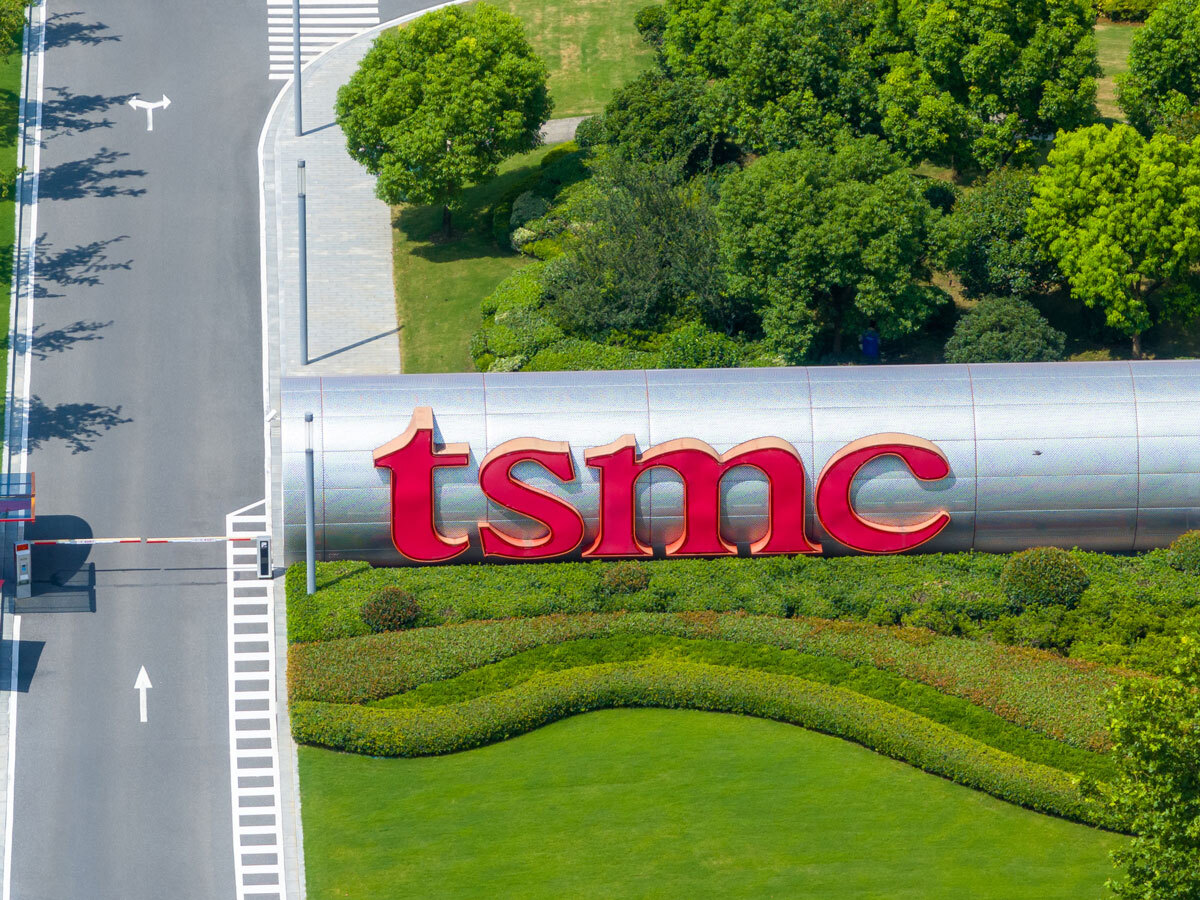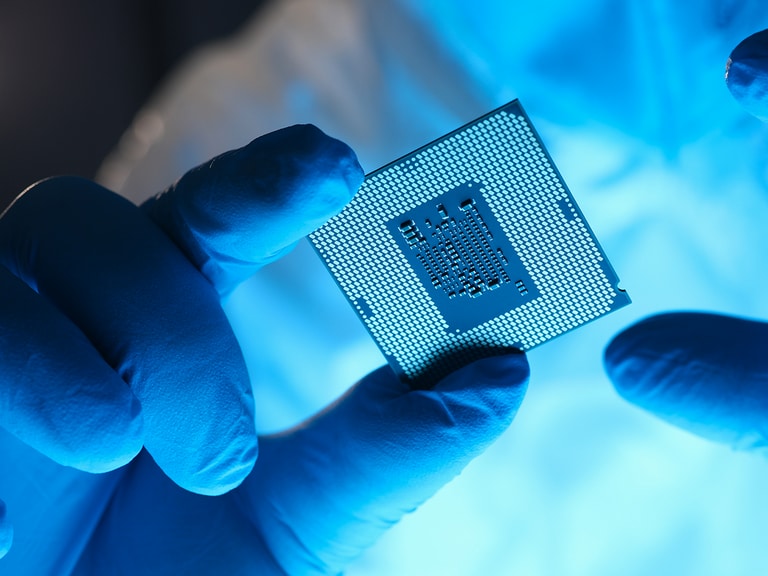Despite a challenging 2023 for the semiconductor industry, Taiwan Semiconductor Manufacturing Company (TSMC), the world’s largest chip foundry, is confident about growth in 2024. Soaring demand for high-end chips for generative AI applications could potentially boost TSMC's sales, as evidenced by its March revenue reaching $6.1bn, marking the fastest pace of growth since November 2022.
On 3 April, the day the city of Hualien in Taiwan was hit by the island’s biggest earthquake in 25 years, the TSMC [TSM] share price gained 1.3%. The chipmaking giant had moved quickly to reassure customers and investors that damage was minimal.
In a statement released in an SEC filing on the same day, TSMC announced that safety systems were operating normally: “Preventative measures to ensure employee safety and wellbeing were initiated at that time according to procedure, and some fabs were evacuated. All personnel are safe and returned to their workplace shortly after the incident.”
The company added that, though some tools were damaged, there was no damage to critical equipment, namely its extreme ultraviolet lithography tools, which are essential for high-volume chip production.
According to Stockcircle, 10 super investors bought $221m of TSMC shares in Q4 2023, while another nine sold a combined $326.5m.
Buyers included Tiger Global, which boosted its holding by almost half, adding approximately 983,000 shares, and Steve Cohen, who added approximately 196,000 shares, raising his stake by 14%.
Sellers included Daniel Loeb, who cut his stake by a third, offloading approximately 600,000 shares, and Ken Griffin, who sold approximately 434,000 shares, reducing his position by 39.2%.
| Discover top-performing stocks in Artificial Intelligence | YTD % performance |
|---|---|
| Super Micro Computer Inc [SMCI] | +216.76% |
| Arm Holdings PLC [ARM] | +84.00% |
| NVIDIA Corp [NVDA] | +77.20% |
Data correct as of Wednesday, 10 April.
TSMC Well-Positioned to Capitalise on AI Opportunity
In Q4 2023, TSMC brought in revenue of $19.6bn, down a marginal 1.5% year-over-year, albeit up 14.4% sequentially. Net income dropped 19.3% to $7.5bn.
On the earnings call, CEO CC Wei acknowledged that 2023 had been “a challenging year for the global semiconductor industry, but our technology leadership enabled TSMC to outperform the foundry industry.”
Looking ahead, Wei believes TSMC is “well-positioned to capture high-performance computing-related growth opportunities”, due to the acceleration of generative AI applications.
“We expect 2024 to be a healthy growth year for TSMC, supported by continuous strong ramp of our industry-leading 3-nanometer technologies [and] strong demand for the 5-nanometer technologies,” Wei added.
Revenue over the next few years is expected to grow at a CAGR of between 15% and 20%, while capital expenditure for 2024 is expected to be flat at $30bn. Manufacturing footprint is to be expanded, with construction beginning on a new fab in Germany in Q4.
Moreover, on Monday, TSMC announced a boost in its total investments in the US from $40bn to $65bn for its third fab in Phoenix, Arizona, scheduled to be operational by 2030. To support the project, Washington awarded TSMC $6.6bn in grants and up to $5bn in loans with subsidies falling under the Chips Act as part of US President Joe Biden's efforts to reshore semiconductor production.
AI Could Grow Nvidia’s Share of TSMC Revenue
For a long time, TSMC has been heavily reliant on Apple [AAPL] for its income. According to data from Tom’s Hardware, the iPhone maker provides 25% of revenue, while Nvidia has an 11% share. No other client — the list includes Broadcom [AVGO] and Qualcomm [QCOM] — accounts for more than 10%.
As demand for AI processors continues to rise, Nvidia could see its contribution grow. A report published earlier this year indicated that the chipmaker would use TSMC’s 3-nanometer and 4-nanometer technology for its H200 processors, which are designed to handle bigger generative AI workloads and its next-generation B100 generative AI accelerator.
In March this year, TSMC and Synopsys [SNPS] announced they’d be using Nvidia’s AI-capable cuLitho software library for future chip production.
“We are moving Nvidia cuLitho into production at TSMC, leveraging this computational lithography technology to drive a critical component of semiconductor scaling,” Wei said in a press release.
Modest Share Price Rise
Despite its links with some of the big AI names, the TSMC share price has risen by a modest 58.2% in the past year through to 8 April and 60.4% in the past six months. The stock hit an all-time high of $158.40 on 8 March, though has retreated since then to $142.79 at the most recent close.
Alongside owning the stock outright, thematic ETFs offer another way to get exposure to the stock.
The Roundhill Ball Metaverse ETF [METV] has TSMC as its twelfth-biggest holding, with a weighting of 3.24%. The fund is up 33.5% in the past year and up 27.9% in the past six months.
The Ark Next Generation Internet ETF [ARKW] has allocated TSMC 0.71% of its portfolio. The fund is up 59.4% in the past year and up 49.1% in the past six months.
Continue reading for FREE
- Includes free newsletter updates, unsubscribe anytime. Privacy policy






